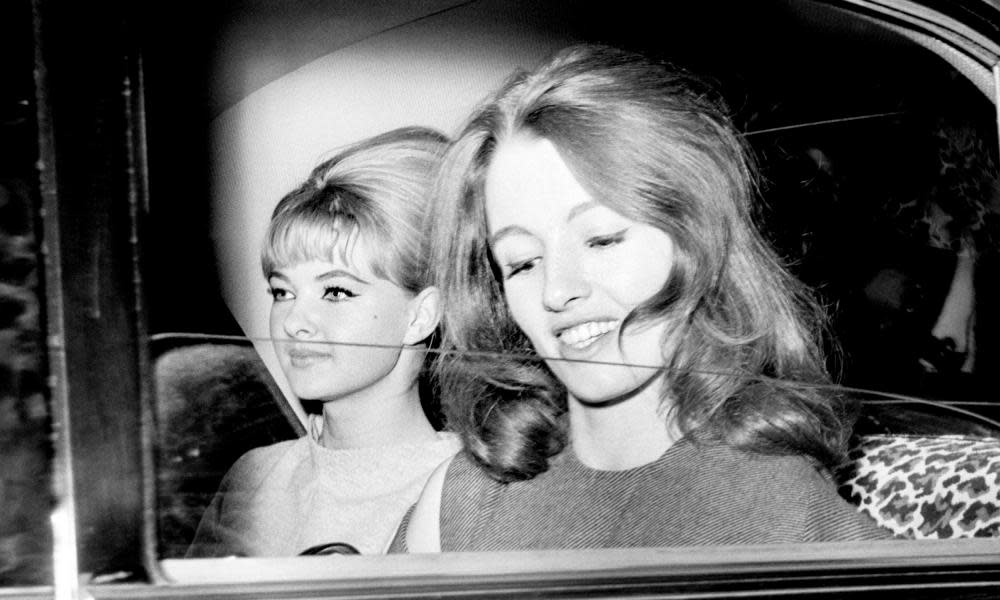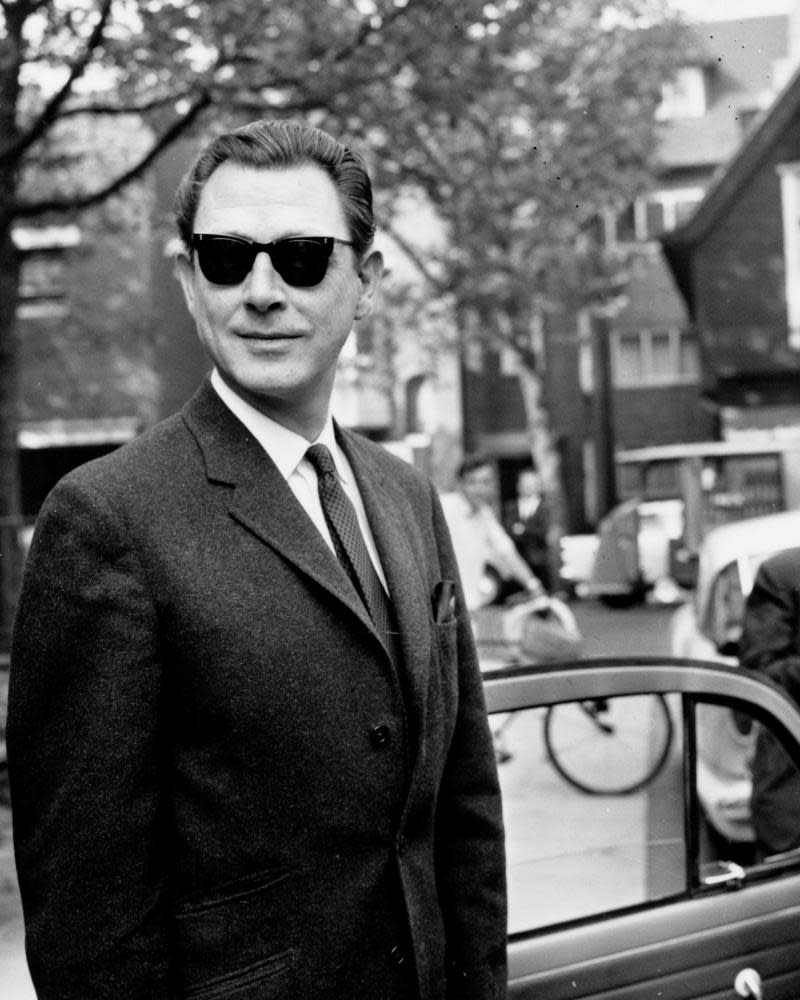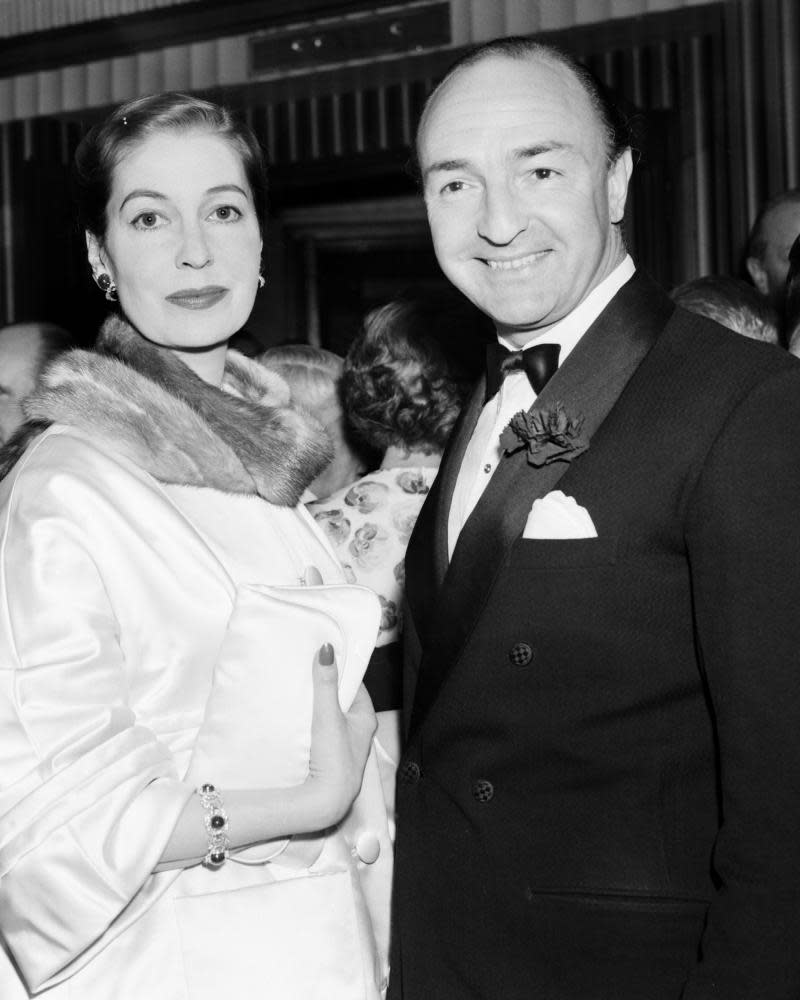How MI5 chiefs abandoned Stephen Ward to take the blame in Profumo scandal

With each passing year, the scandal becomes murkier. As the success of the BBC One drama series The Trial of Christine Keeler demonstrates, interest in the affair between the teenage model and John Profumo, the war minister in Harold Macmillan’s government, shows no sign of waning nearly 60 years after it shook Westminster.
Now, claims that parts of an official inquiry into the affair – revealing that another minister in Macmillan’s government had affairs with prostitutes – were kept secret will raise fresh questions about the extent to which the British state has prevented the truth of what really happened from emerging.
A new documentary, to be screened on BBC Two at 10pm on Sunday following the final episode of the drama, examines evidence that the security service, MI5, failed to disclose that it had been working with the man at the centre of the scandal, Stephen Ward, when he was tried for living off the earnings of prostitutes in what many now believe was a show trial intended to muzzle him.

The failure has been described as “unconscionable” by the eminent human rights lawyer Geoffrey Robertson, author of Stephen Ward was Innocent, OK.
It was Ward who introduced Profumo to the 19-year-old Keeler. Their ensuing affair was to culminate in Ward’s trial, which Robertson describes as “the most disgraceful legal event in modern British history”. Ward took his life before the verdict was handed down.
Keeler, Profumo, Ward and Me, presented by the veteran journalist Tom Mangold, a friend of Ward’s who saw him the night he took his fatal overdose, highlights compelling evidence that the well-connected London osteopath was fitted up by an establishment terrified that he would expose Profumo as a liar.
The previous March, Profumo had assured parliament that there was “no impropriety whatsoever in my acquaintanceship with Miss Keeler”. But the documentary suggests that the security service knew this to be a lie. Ward’s MI5 handler, who went by the name of Woods, was in the loop. “Woods came to see him on several occasions and knew from day one about Cliveden,” Mangold explained. Cliveden was the country house in Berkshire where Profumo would meet Keeler.
Mangold explained that Ward was helping the service “on their operation to set a honey trap for Yevgeny Ivanov and he agreed to cooperate with them”.
Ivanov was a Russian naval attache and spy who was friendly with Ward and had also slept with Keeler. Despite the fact that Ward was trying to turn him into a double agent, his friendship with Ivanov was genuine, Mangold contends. Together, the two men had tried to organise a summit in London between Nikita Khrushchev and John F Kennedy. “In his own naive way, he [Ward] was working for the good of the country,” Mangold said.
But the government came to view Ward as a threat, fearing that he was going to expose Profumo and trigger a national security crisis. The documentary highlights a secret meeting on 27 March 1963 between the home secretary, Henry Brooke, the chief constable of the Metropolitan police, Sir Joseph Simpson, and the head of the security service, Roger Hollis, to discuss what action could be taken against Ward.
Minutes of that meeting have disappeared but Mangold contends that Brooke used it to send Simpson a clear signal that the Met needed to “get” Ward. The police tapped Ward’s phone and stationed officers outside his practice. His high-society friends abandoned him, and in May a desperate Ward rang Macmillan’s office demanding a meeting.

A memo, unearthed in the national archives, reveals that Macmillan’s private secretary, Sir Timothy Bligh, was so concerned by the phone call that he rushed to parliament to brief the prime minister and consulted Simpson, who told him that “an arrest was possible in a week”.
“The timing of this memo is crucial,” Robertson explained. “It is the period between his [Profumo’s] lie in parliament and his confession in early June – a period in which they knew that Ward was the smoking gun and they wanted to silence him.”
Robertson believes that the memo confirming political involvement at the highest levels makes Ward the English Dreyfus, and that he deserves a royal pardon.
At his trial, the judge directed the jury to convict Ward on the grounds that none of his friends had come forward to support him. Both Mangold and Robertson believe that this suggests an intervention from MI5 could have produced a different outcome.
“It was unconscionable for a government agency not to confirm that he had worked for them at a time when they wanted him to help them get Ivanov to defect,” Robertson said. “I do think Hollis should have informed the prosecution, which was wrongly accusing Ward of fantasising about his security service links, or arranged for a witness to confirm that he had given the state some service.”
Mangold said: “I think that, given the judge’s incredibly spiteful comments about ‘where are your friends?’, somebody who could have said ‘the nation has been helped by Stephen Ward’ would have made a great difference.”
Secrecy laws prevent official papers about the affair from being made public until 2046. These include parts of the Denning report into cabinet morals, established in the wake of the scandal. Mangold’s documentary discusses how these recorded that Ernest Marples, Macmillan’s postmaster general and minister of transport, regularly had sex with prostitutes. “It was left out at Macmillan’s request,” Robertson said. “He couldn’t have withstood another cabinet minister going down the drain.”

 Yahoo News
Yahoo News 
